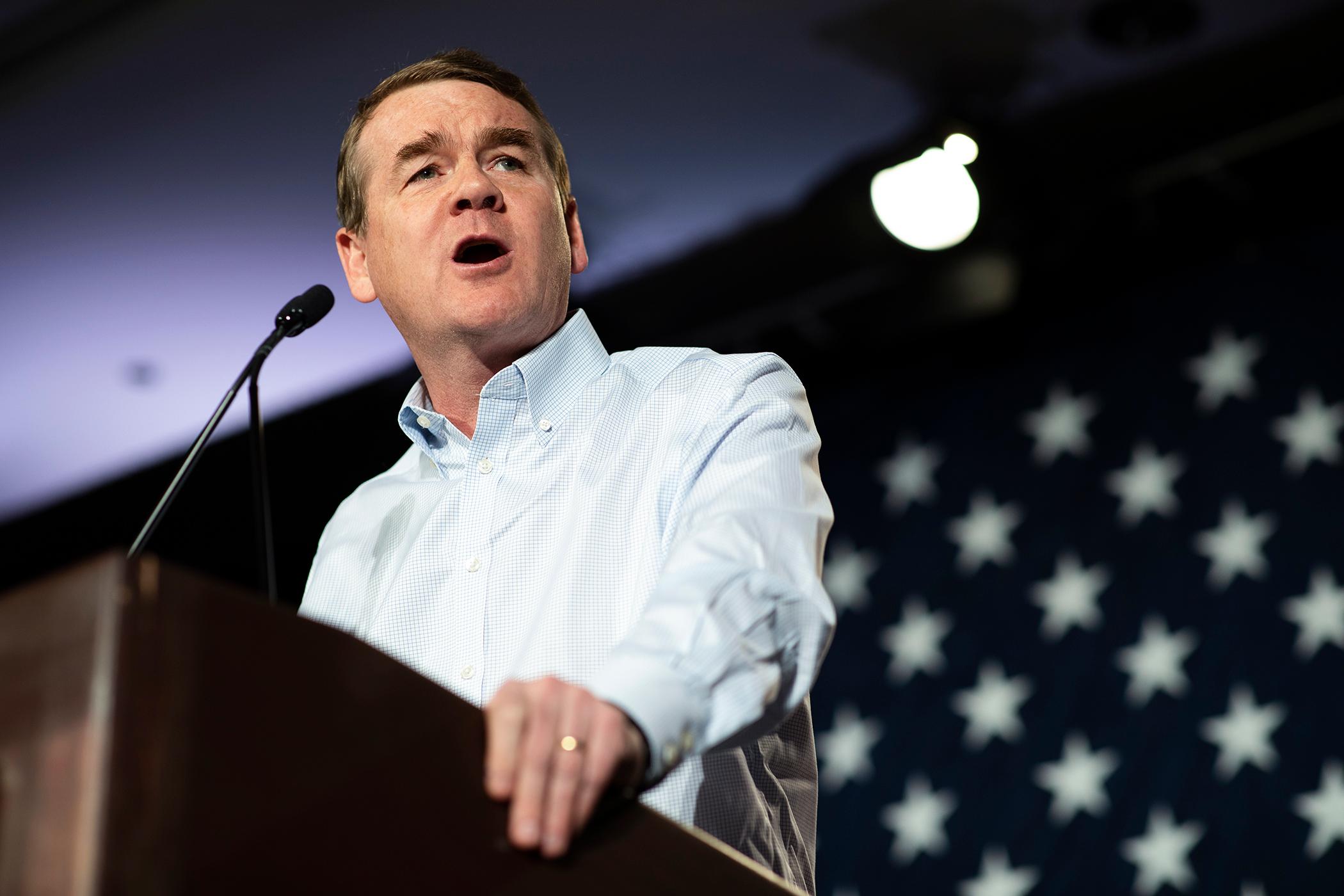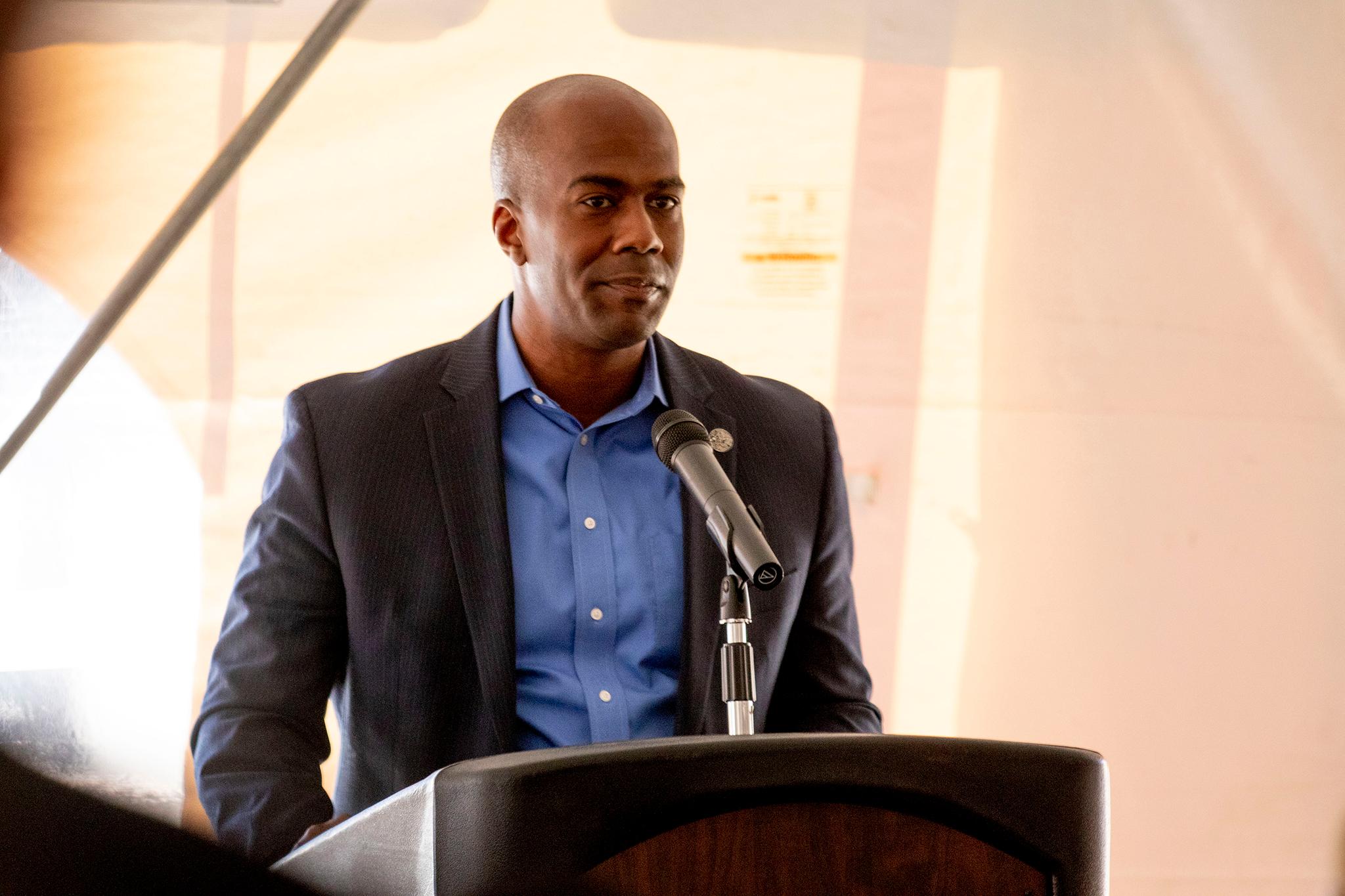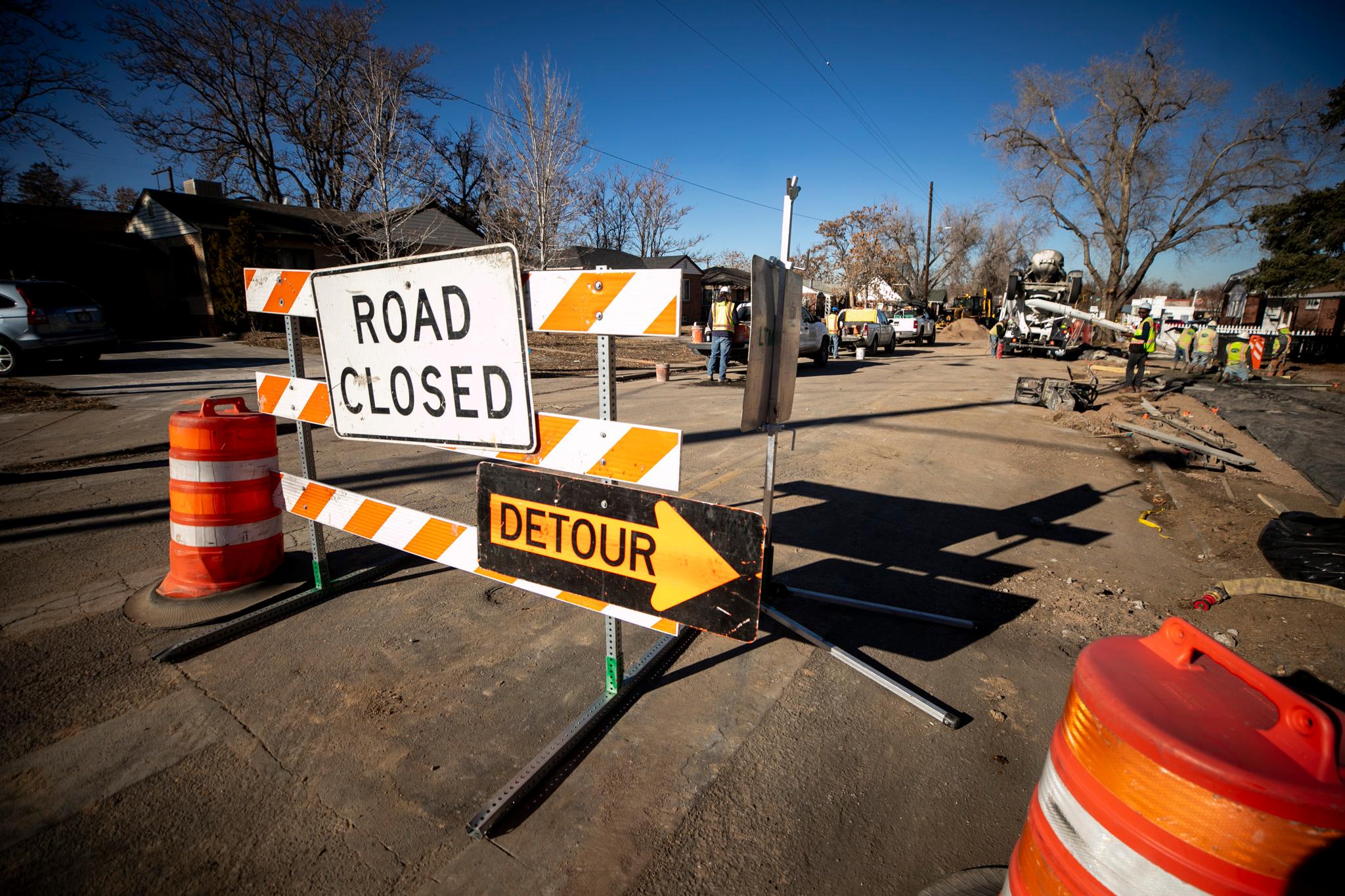On Monday, Denver City Council backed Sen. Michael Bennet in his push to convince the Food and Drug Administration to reform its policy that keeps men who have sex with men from donating blood within three months after their last sexual encounter.
In January, the Red Cross declared the country was in the midst of its worst blood shortage in a decade as the Omicron variant swept the nation. People were called to donate -- but not all could thanks to the FDA policy, which American Medical Association President Gerald E. Harmon decried as discriminatory and unscientific.
"With the nation's blood supply at its lowest point in a decade, and the American Red Cross declaring its first-ever national blood crisis earlier this month, it is time for the Food and Drug Administration (FDA) to do something the AMA and others have urged for years: remove its discriminatory ban that prevents many gay and bisexual men from becoming blood donors," Harmon wrote in January.
In Harmon's letter, he highlighted flaws in the policy.
"For example, a man who has protected sex with another man in the three months prior to a blood donation cannot be a donor," he wrote, "but a man or woman who has unprotected sex with multiple partners of the opposite sex over the same time period remains eligible."

Bennet and other U.S. senators penned a letter to the FDA demanding the agency update its policies, earlier this year.
"We urge the Food and Drug Administration (FDA) to quickly act on the best available science and update its outdated and discriminatory blood donor deferral policies for men who have sex with men (MSM), a long overdue step that would dramatically increase the eligible donor base" they wrote.
They decried the FDA for harming the LGBTQ+ community.
"Any policy that continues to categorically single out the LGBTQ+ community is discriminatory and wrong," the senators wrote. "Given advances in blood screening and safety technology, a time-based policy for gay and bisexual men is not scientifically sound, continues to effectively exclude an entire group of people, and does not meet the urgent demands of the moment."
How did Denver City Council take up this issue?
District 8 Councilmember Chris Herndon, who has been regularly donating blood since he served in the military, was doing so at Children's Hospital earlier this year, when he saw a sign recruiting people to throw blood donation events to help solve the national blood shortage.
He reached out to members of the registered neighborhood organization Central Park United Neighbors about hosting a drive, and they expressed enthusiasm, with one caveat.
"They said, 'We would love to, Councilman Herndon, but you realize there are some challenges for some of our members of our community who aren't allowed to give blood,'" Herndon said. He was surprised to learn that the FDA was still discriminating against men who have sex with men and assumed those blood donation policies, which started with a lifelong ban for men who have sex with men in 1985, were a thing of the past.
"That's what started this ball rolling," he said. "Most people are unaware that there's this deferral for people, for a segment of our population."
So he decided to host a blood drive in partnership with Central Park United Neighbors and Children's Hospital Colorado from 8:30 a.m. to 12:15 p.m. on Friday, May 6, at the MCA Cube, 8371 Northfield Blvd. All 30 spots filled up fast.
"We want to draw attention to the fact that there's a nationwide blood shortage, encourage as many people as possible to give blood, but also recognize it's time for these rules to be updated," Herndon said. "It's long past due."












